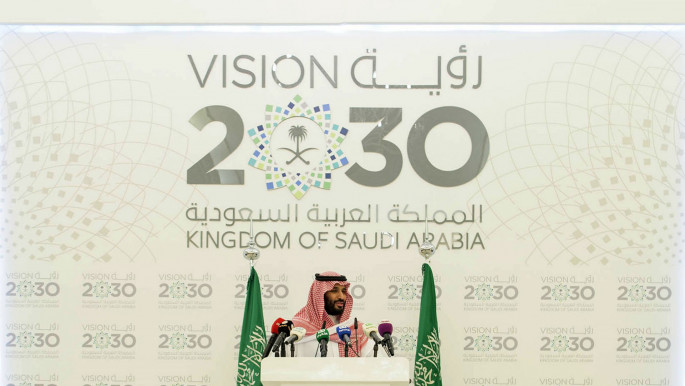Saudi Arabia abandons Islamic calendar 'to save money'
Saudi government workers will be paid according to the Gregorian calendar instead of the Islamic Hijri calendar, making the working month longer as part of cost-cutting measures.
The change, approved by cabinet last week to coincide with Islamic New Year, brings civil service pay in line with the government's January-December fiscal year.
"Saudi ministries and government agencies began working with the Gregorian calendar on Saturday," The New Arab's Saudi Arabia correspondent, Khaled al-Shayea, reported.
"Saudi Arabia was the only country in the world that used the Hijri calendar in all government affairs. From this month forward civil servants will be paid on the 25th of each month."
The Hijri calendar consists of 12 months of 29 or 30 days depending on the sighting of the moon, meaning the Islamic year is several days shorter than the Gregorian calendar, which is widely used in the world.
Since 2014 global oil prices have collapsed by more than half, leaving Saudi Arabia with a record deficit last year.
 |
|
| Vision 2030 aims to boost private sector employment [Getty] |
Saudi Arabia, the world's biggest oil exporter, has been cutting government spending and re-orienting its economy after the collapse over the past two years of the global oil price.
Last week, the cabinet also cut by 20 percent the salaries of ministers and froze the wages of lower-ranked civil servants.
The kingdom also this week increased charges for visas for people to visit the country in order to complete Islamic pilgrimages.
"Experts have estimated that Saudi Arabia will generate around $34 billion each year in revenues from the new visa prices and the calendar change," Shayea said.
Almost twice as many Saudis are employed in the bloated public sector - where hours are shorter and leave longer - than in private firms.
In April, the king's son, Deputy Crown Prince Mohammed bin Salman, announced the wide-ranging Vision 2030 plan to diversify the economy.
Among its goals, Vision 2030 aims to boost private sector employment, cutting the government payroll to 40 percent of the budget from 45 percent by 2020.


![Squad incumbent Summer Lee has won her district's Democratic primary. [Brooke Anderson/The New Arab]](/sites/default/files/styles/image_330x185/public/2024-04/413898031_1041031157158522_8195934720767720634_n%20%283%29.jpg?h=ff8c3fa3&itok=75Sx6fbL)
